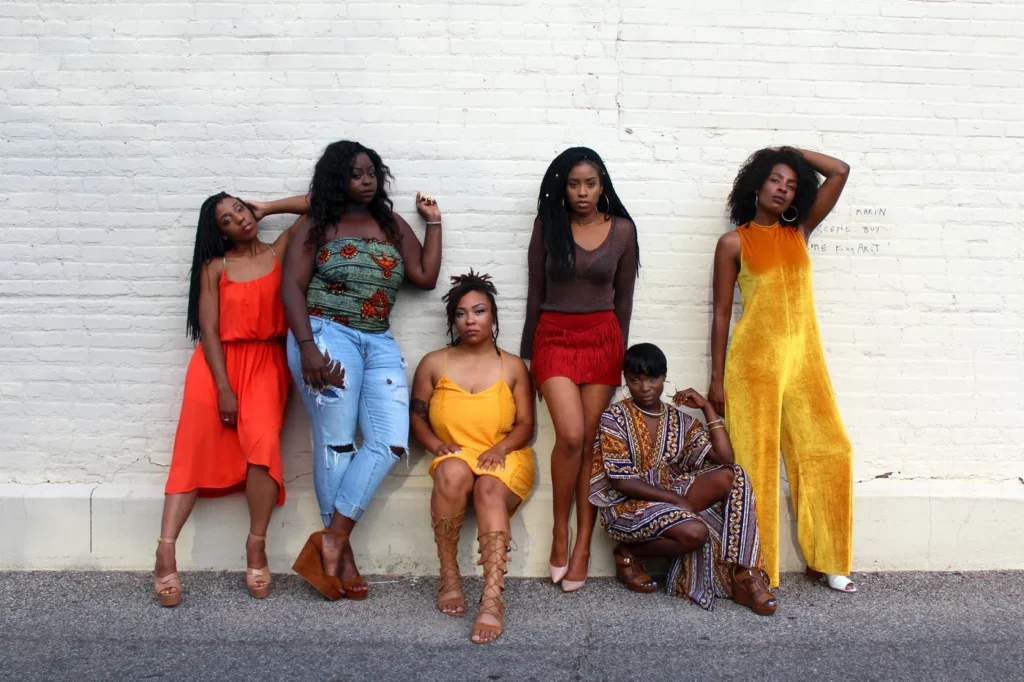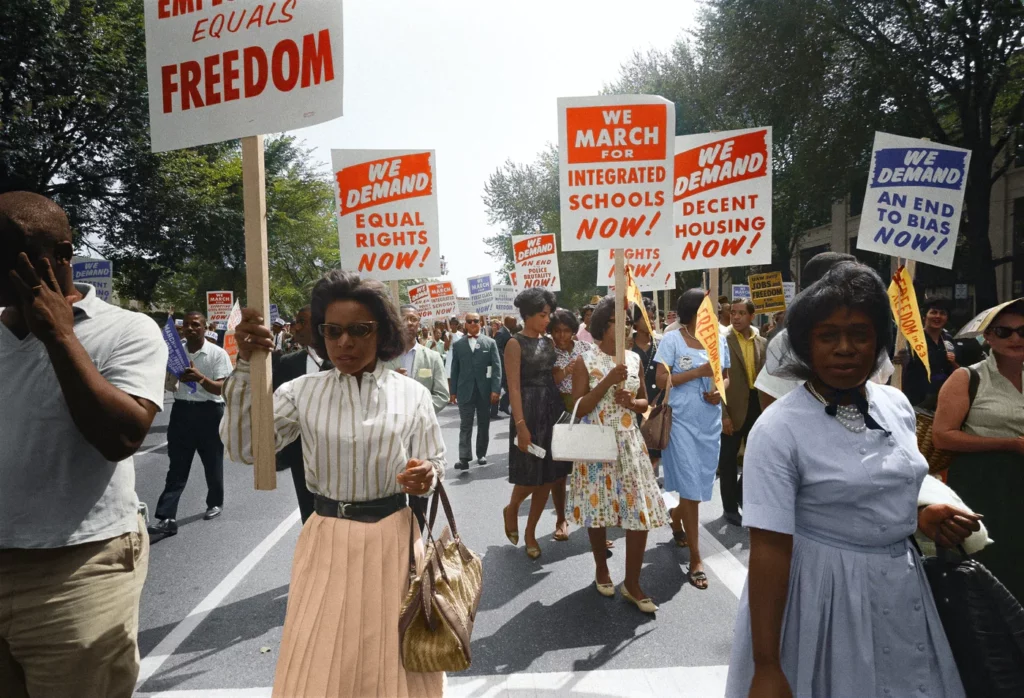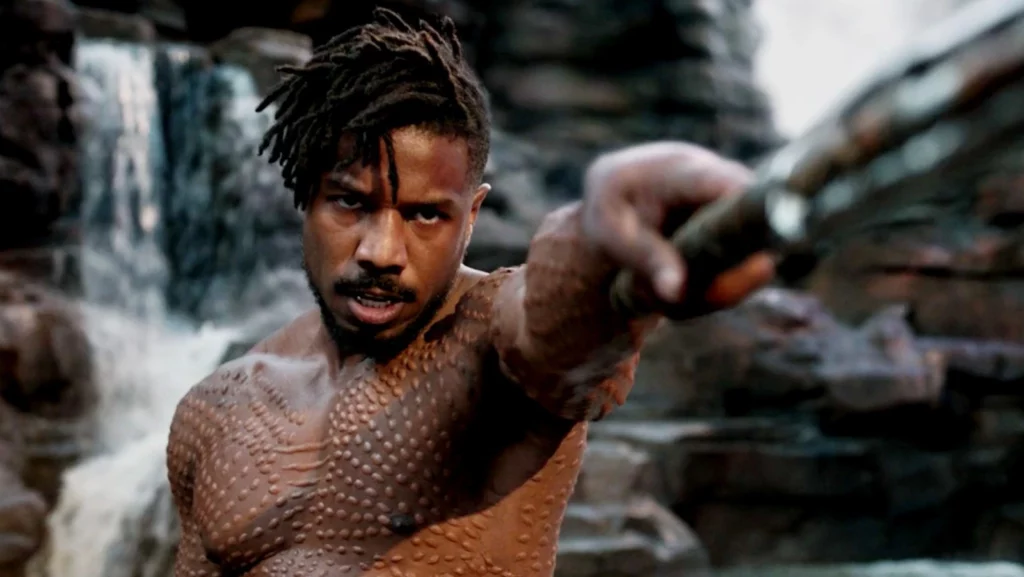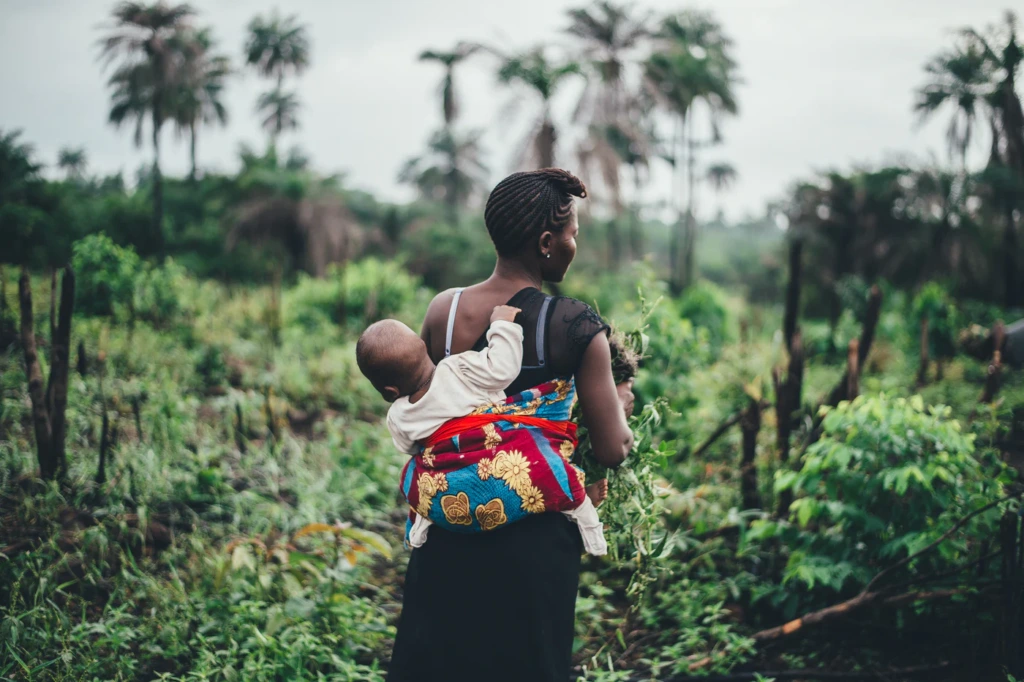The experiences of Africans and African Americans are worlds apart, yet they orbit each other. Our strained relationship arose from slavery’s Middle Passage, was fueled by Jim Crow laws, and has always found a home within systematic oppression. It’s a complicated relationship, with both sides having valid reasons for opposing viewpoints.
For centuries, the United States (U.S.) has marketed itself as a land of limitless opportunities for anyone willing to put in the effort to achieve their goals. Rags-to-riches stories are celebrated and retold in Hollywood films, television shows, books, and media. For generations, the same commercial tools used to portray America as the world’s Disneyland were used to paint negative stereotypes about Africans and African Americans. Within the United States, the Black American is described as being too violent, too lazy to work, having fatherless children, lacking wealth, and thus ungrateful for America’s opportunities.
Become an insider. Subscribe to our newsletter for more top trending stories like this!

Within the United States media, Black Americans are portrayed as cultureless people who foolishly blame slavery and other past wrongs for their shortcomings rather than moving on. Africans are represented in the media as primitive savages who hunt for food while naked. At the same time, Black Americans see the African as an accepted immigrant in American society.

There is also a debate between Africans and African-Americans over who has suffered or continues to suffer the most. We begin by considering the latter’s historical slavery struggles, which have spilled over and transformed into the current inequality and inequity they are forced to endure. History has clearly shown us the dehumanizing and disheartening low-level of inhumane treatments and conditions they had to endure before the abolition of slavery. It is no longer news that the current American structure and system are constantly fine-tuned to favor Caucasians who are majority over minority blacks.
With this understanding, some African-Americans see African immigrants as opportunists who profit from their struggles despite not sharing their pains or experiencing the horrible and derogatory racial discrimination they did, which is why they have a mutual relationship with White Americans. They believe Africans do not share their ideology and are therefore unwilling to join their political and civil rights movements.
Become an insider. Subscribe to our newsletter for more top trending stories like this!

The character Killmonger in the 2018 film Black Panther mirrored years of resentment many Blacks in the United States felt. This Wakandan military-trained lost son harbored feelings of abandonment toward Wakanda’s people, who chose to remain hidden and peaceful. Africans sold enslaved Black people to Europe and the states in American history, and Africans had little to no involvement in the Civil Rights Movement centuries later. As a result, the relationship has become even more strained. Africans can sense the hostility of Black Americans from the moment they arrive in the United States. This is because America classifies Africans as immigrants who came to the country for the luxury of democracy, conveniently ignoring its colonization of multiple African countries, which may have forced many people to flee. Neither community fully comprehends that their treatment of the other stems from the same oppressive root.
Become an insider. Subscribe to our newsletter for more top trending stories like this!





